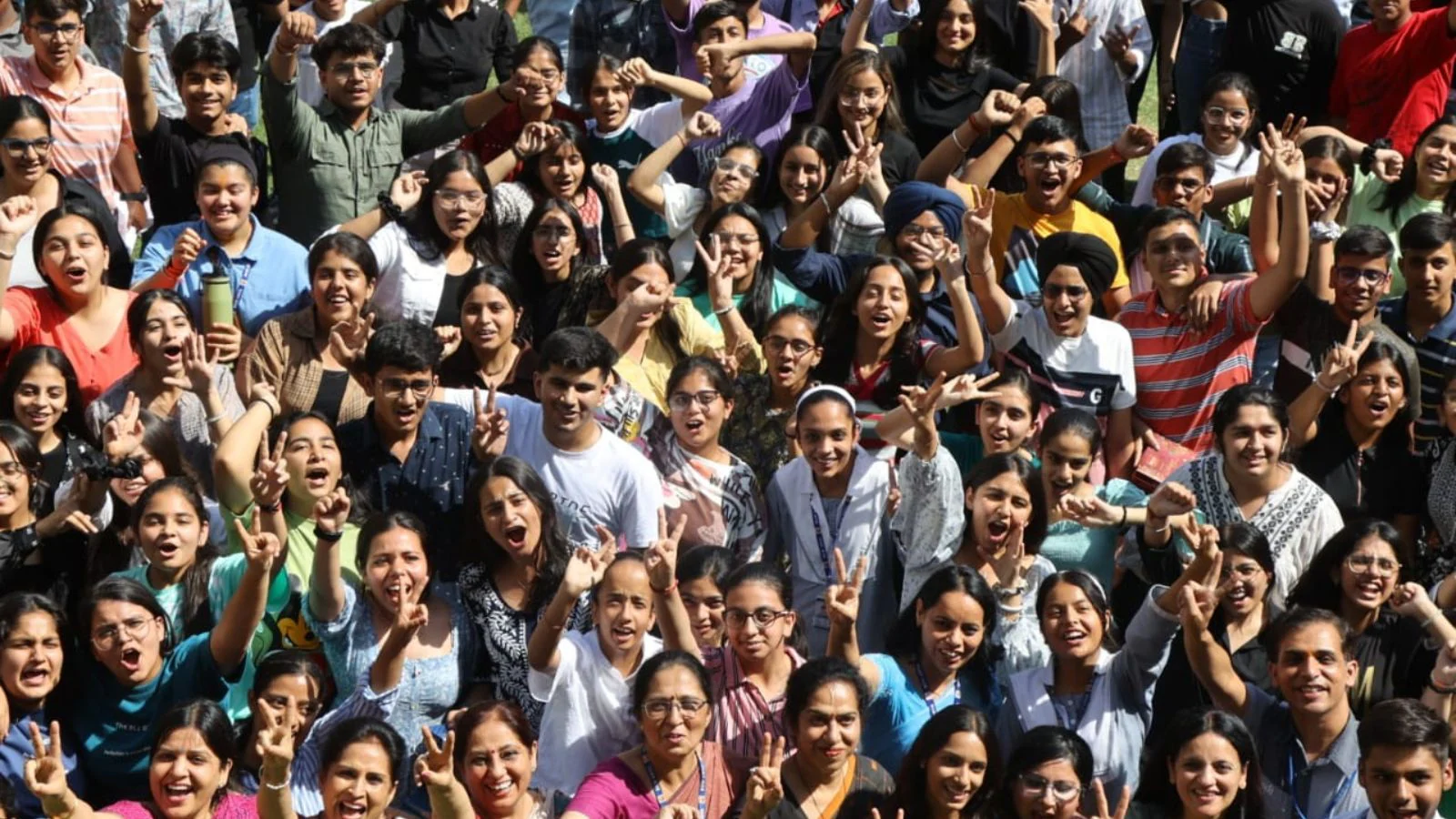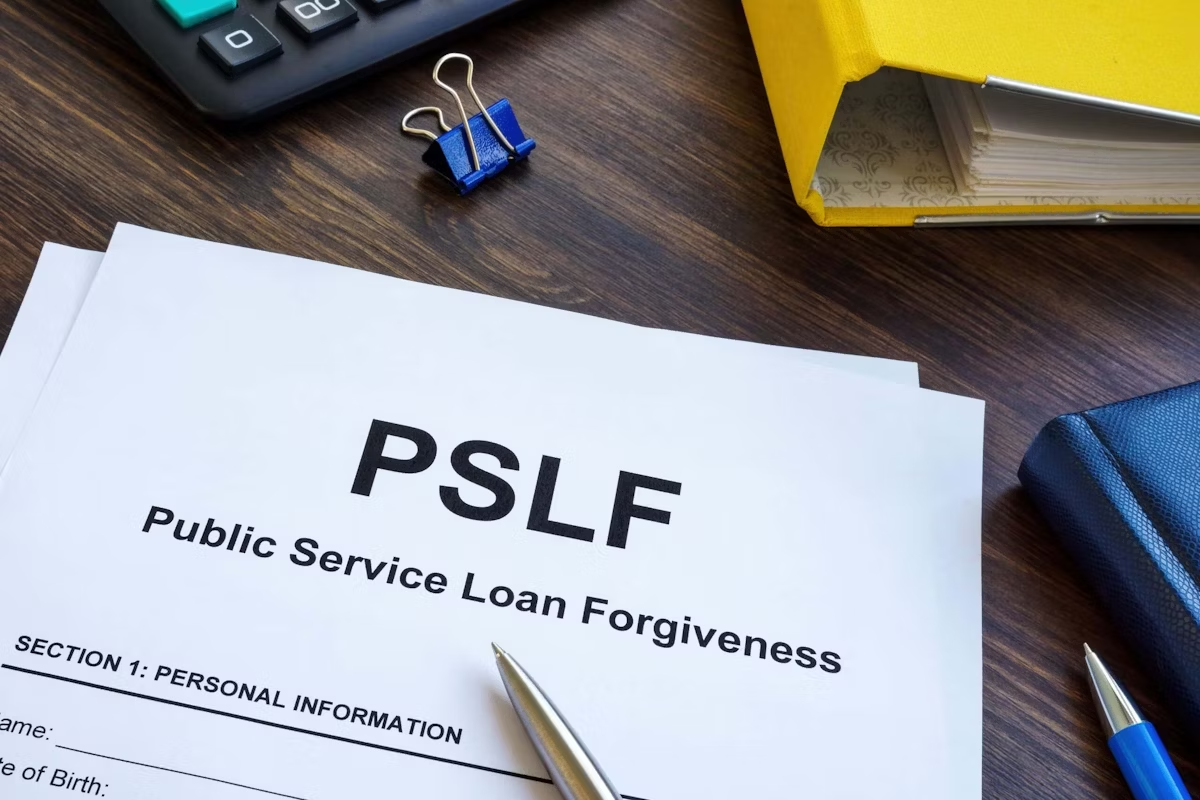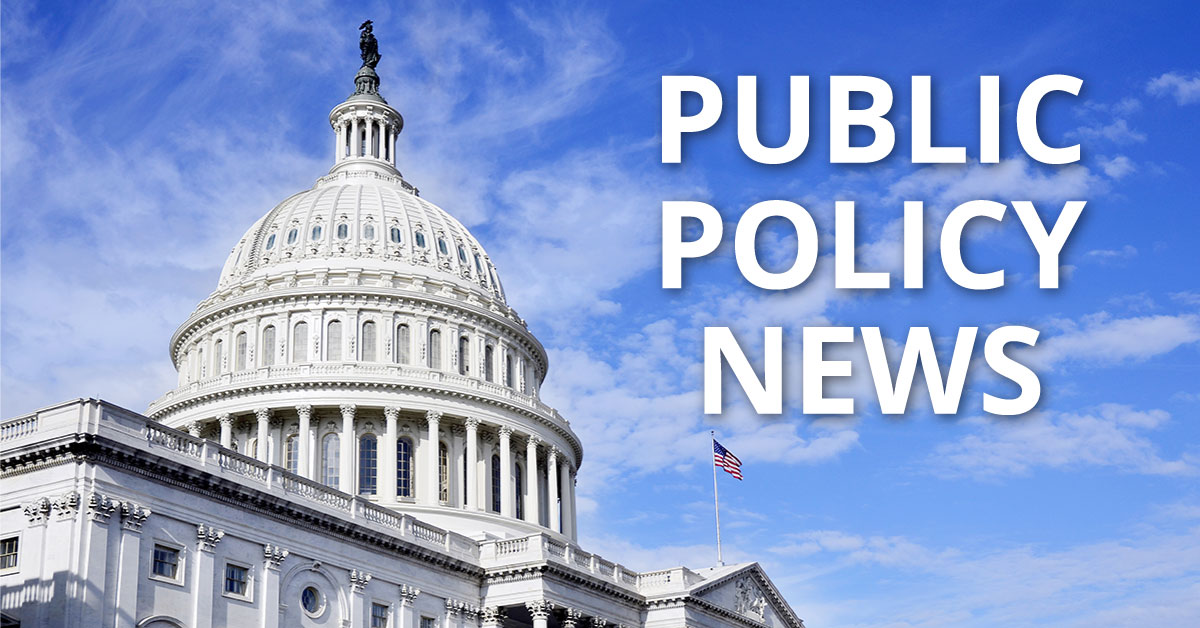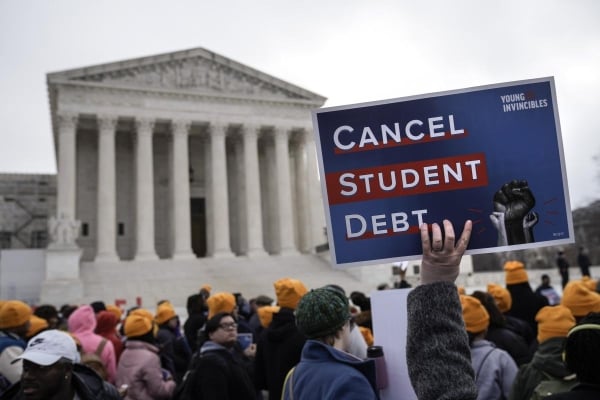In his latest executive action, President Donald Trump directed the Education Department to limit eligibility for the Public Service Loan Forgiveness program.
The order, issued late Friday evening, would require the Education Department to go through a complex and lengthy process known as negotiated rule making, so the directive doesn’t change anything immediately. And Education Secretary Linda McMahon pledged at her confirmation hearing that PSLF will not be eliminated completely, as “that’s the law.” However, the changes could lead to the denial of student loan forgiveness for thousands of nonprofit employees.
The administration argued the order was a necessary step to “restore the program” and end the subsidization of “illegal activities” such as “illegal immigration, human smuggling, child trafficking, pervasive damage to public property, and disruption of the public order.”
But Democrats and debt relief and consumer protection advocates say it’s another attempt to weaponize the federal government and block funds from reaching public servants in fields the president disagrees with.
“Don’t be fooled, today’s executive order is blatantly illegal,” Mike Pierce, executive director of the Student Borrower Protection Center, said in a statement Friday. “It is an attack on working families everywhere and will have a chilling effect on our public service workforce doing the work every day to support our local communities.”
Like Trump’s other executive orders, this directive is likely to face legal challenges.
Congress created the PSLF program in 2007 with bipartisan support under former president George W. Bush. It was designed to incentivize Americans to work in public service, by promising student loan forgiveness to federal, state, local or tribal government staff members; civilians working in the military; and the employees of certain nonprofit organizations after they make 10 years of qualifying payments on an approved federal loan repayment plan.
Historically, recognized nonprofits have included emergency management and crime-reduction services, public interest and civil rights legal groups, and institutions of public health and education. More than two million borrowers are eligible for the program, according to December data from the Education Department, the Associated Press reported.
But gaining access to the program’s benefits hasn’t always been easy. In 2019, during the first Trump administration, the American Federation of Teachers sued then–education secretary Betsy DeVos, alleging “gross mismanagement” of the program. Data showed that of the roughly 76,000 applications submitted between 2017 and the filing of the lawsuit, only about 1 percent had been approved.
Although the department reached a settlement in fall 2021 and committed to reconsider every application it denied, when the first Trump administration exited office, only 7,000 Americans had received forgiveness. Comparatively, the Biden administration prioritized making the program easier to access and provided more than $74 billion in relief to more than one million borrowers over the course of four years.
Now, under the new stipulations, fewer borrowers could see relief, advocates said.
“The PSLF Program has misdirected tax dollars into activist organizations that not only fail to serve the public interest, but actually harm our national security and American values, sometimes through criminal means,” the order says. “The Secretary of Education shall propose revisions … that ensure the definition of ‘public service’ excludes organizations that engage in activities that have a substantial illegal purpose.”
According to the order, activities that would disqualify a nonprofit include: aiding or abetting violations of federal immigration laws, supporting terrorism, engaging in violence for the purpose of obstructing federal policy, the chemical and surgical castration or mutilation of children “or the trafficking of children to so-called transgender sanctuary States for purposes of emancipation from their lawful parents,” and aiding and abetting illegal discrimination.
Although the president didn’t say so directly, experts interpret the order as yet another attempt to discourage activism and chill efforts Trump disagrees with, such as diversity, equity and inclusion; LGBTQ+ advocacy; pro bono defense for undocumented immigrants; and Palestinian statehood.
Representative Tim Walberg, a Republican from Michigan and chair of the House Committee on Education and the Workforce, praised the president’s intentions in a statement, saying President Trump is protecting Jewish students from “the hatred they’ve been enduring” on college campuses.
“Federal dollars shouldn’t fund antisemitism,” he said. “President Trump is stepping up by preventing these activists from receiving windfalls in forgiveness benefits footed by taxpayers.”
Senator Patty Murray, a Democrat from Washington and former chair of the Health, Education, Labor and Pensions Committee, says Trump is “holding resources owed to hardworking Americans hostage.”
“President Trump is once again trying to use his office to force his extreme political views on the American people by choking off promised relief for people who’ve served our country in ways he disagrees with,” she said. “It is as outrageous as it is un-American.”
But the Trump administration says the order is about more than just preventing “subsidized wrongdoing.” In his view, it’s also a matter of limiting “perverse incentives” for higher education institutions.
Rather than alleviating worker shortages, the president said, PSLF encourages colleges and universities to increase the cost of tuition and load students in “low-need majors” with “unsustainable” debt.
To that, debt-relief advocates like the Student Debt Crisis Center say, “Public service workers are the backbone of this country.”
“This executive order is both illegal and deeply troubling for all nonprofit workers,” SDCC president Natalia Abrams said in a statement. “Relentless political attacks on education and existing programs are not just policy decisions—they disrupt the lives and financial stability of Americans with student debt and their families. This must stop.”






